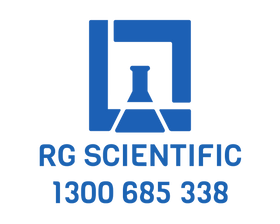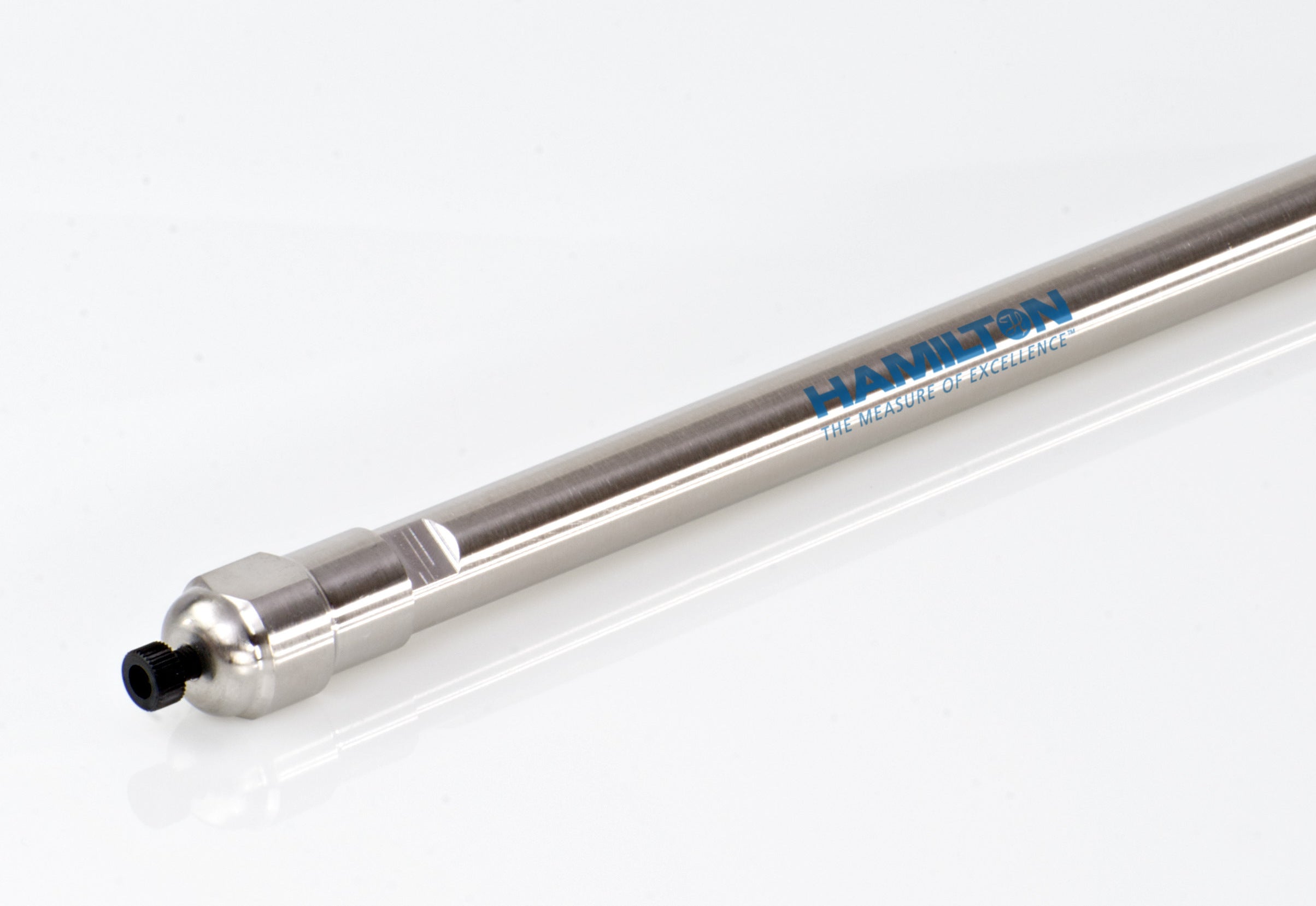Description
Soft-gel stationary phase designed for oligosaccharide separations using water as the mobile phase.
Application Examples: Applications: Oligosaccharides (degree of polymerization ? 8)
HC-75 Overview
HC-75 resins are soft gel column packings designed for oligosaccharide separations. The mobile phase of these columns is water without salts or buffer. This simplifies mobile phase preparation, reduces cost, and broadens the use of available detectors. Each of these columns has distinct retention characteristics and is designed for specific separations.
Cation Exchange
In cation exchange chromatography, the stationary bed has an ionically negative (-) charged surface while the sample ions are of positive (+) charge. This technique is used almost exclusively with ionic or ionizable samples. The stronger the positive (+) charge on the sample, the stronger it will be attracted to the negative charge on the stationary phase, and thus the longer it will take to elute. The mobile phase is an aqueous buffer, where both pH and ionic strength are used to control elution time. Ion chromatography can employ harsh conditions requiring mobile phases that are at very high pH limits (> 11). Temperatures well above the normal operating conditions where silica materials fail can also be used.
Cation Exchange Capacity
Ion exchange capacity is a measurement of the number of positive charges (cations) that the exchange resin can bind to and is reported in singly charged ion equivalents per 1 gram of resin. Exchange capacity is dependent upon the pH of the mobile phase and in cation exchange chromatography; as mobile phase acidity decreases (pH increases), the exchange capacity increases.

